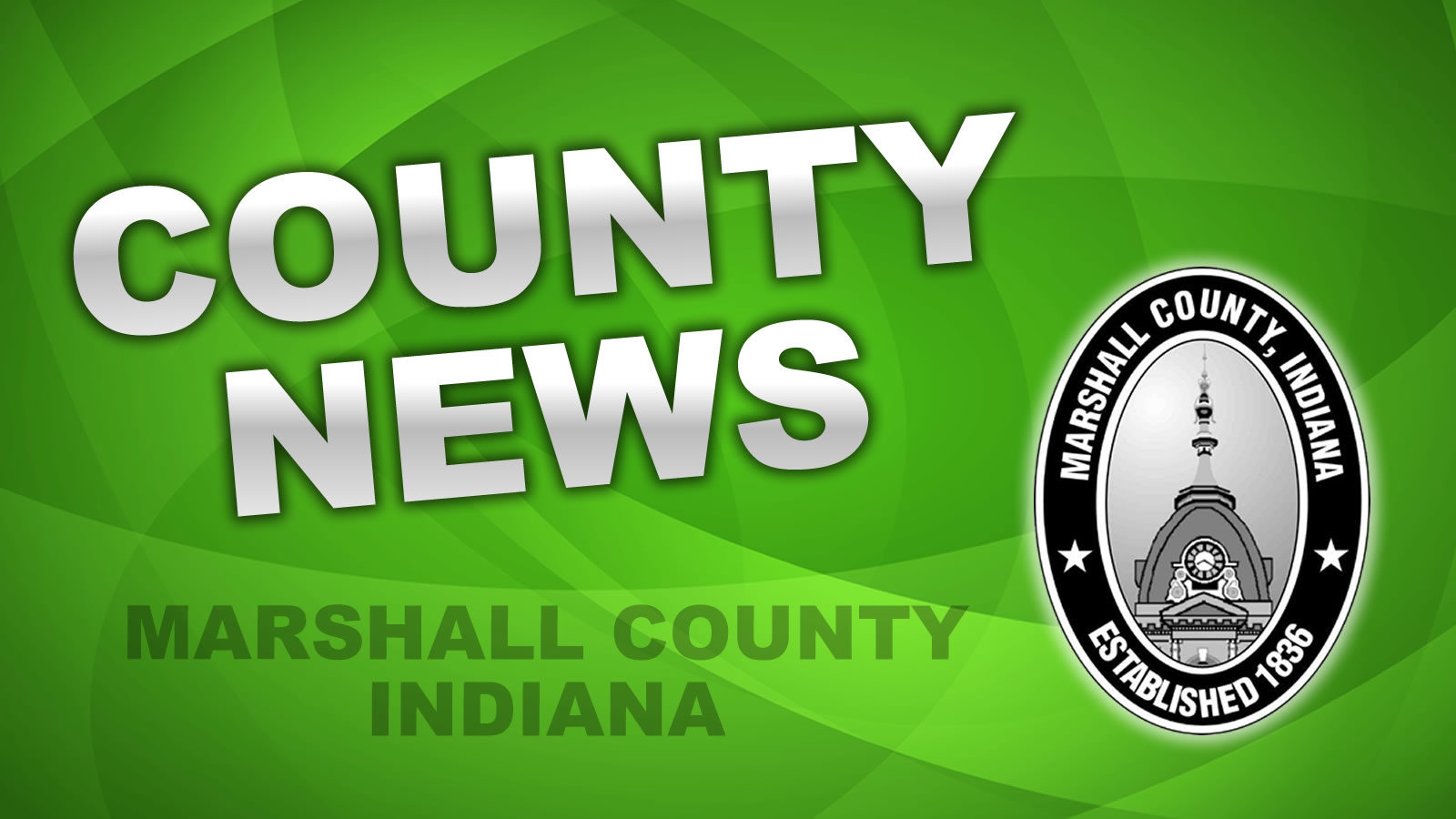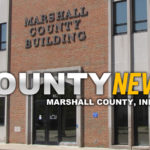Monday morning the Marshall County Commissioners heard the request of Judge Matt Sarber and Linda Yoder to use the county’s Opioid Settlement funds from 2022 and 2023 to help continue funding Project Hope.
Judge Sarber discussed the historical concept of Project Hope and said the opioid epidemic is no longer in a crisis state in Marshall County although the judge said it is “still raging.” He said community stakeholders including the criminal justice field, the health care field, schools, hospitals, Community Foundation, and more held a brainstorming roundtable to determine what was needed in the county. From that meeting, a grant from HERSA (Health Resources and Services Administration) that secured federal dollars from HERSA and Project Hope was born. The dollars came through Beacon Community Health
The judge said two primary direct services are provided by Project Hope, Peer Recovery Coaches, and transportation services. Judge Sarber said, “Peer Recovery Coaches came out of a target of that group realizing that individuals that are released from jail and are not on probation or not in Community Corrections have a complete void in services. Peer Recovery Coaches were supposed to be that gap. We were trying to tie them into services early so that once they get out of jail, they can transition to a pier recovery coach to have some services in place.” He said that has transformed into where Peer Recovery Coaches are provided to probationers, community corrections clients, and drug court participants as one of the facets of recovery.
County Attorney Jim Clevenger said the restricted funds as stated have lots of restrictions on how they can be used but the services Project Hope is providing would qualify.
Linda Yoder said there is an FSSA grant they have applied for that would match the local funds pledged from the towns, city, and county. She told the commissioners that locally there is $274,348.19 that has been released to support Project Hope. The grant they are seeking is in the amount of $346,424.46. Yoder said the budget they prepared included funding four Peer Recovery Coaches, Transportation services, and a Recovery Café.
A Recovery Café is something Project Hope has had on the agenda for a while. It is building a community, alcohol-free location for those in recovery and their families. A place where they can gather and have resources to assist in their recovery process. There is a Peer Recovery Café in Fulton County they have been looking at and they have proven to be successful in other communities.
Judge Sarber said “Peer Recovery is a different piece to the recovery puzzle. It is multifaceted. There is a place for probation and community corrections without questions. And there is a place for incarceration as well. But you cannot force recovery. You cannot force an individual that’s suffering from some substance abuse disorder to change right now at that moment. Probation is a means to monitor them supervise them to provide resources at times but frankly to sit here and say on a Tuesday morning at 1 o’clock when I meet with you, you’re going to have a change, is unrealistic. The Recovery Coach piece fills a need.”
The County Commissioners will receive $116,097.44 for their 2022 & 2023 Opioid Settlement restricted fund. They pledged the restricted fund but decided to hold off on pledging their non-restricted funds at this time because of the possibility of using those additional funds to assist other requests for programs.
When asked about the chance of receiving the grant Yoder said she was hopeful. She said the grant stressed collaboration and local government support and Marshall County has both in its application.
Other governmental support currently comes from Bremen with both the restricted and unrestricted in the amount of $33,508.86. Plymouth pledged both in the amount of $85,840.33 and Culver also did with a total of $18,344.91. Ward Byers said Bourbon, Argos, and LaPaz appear to be on board with the request but haven’t had a meeting for the official request yet.











